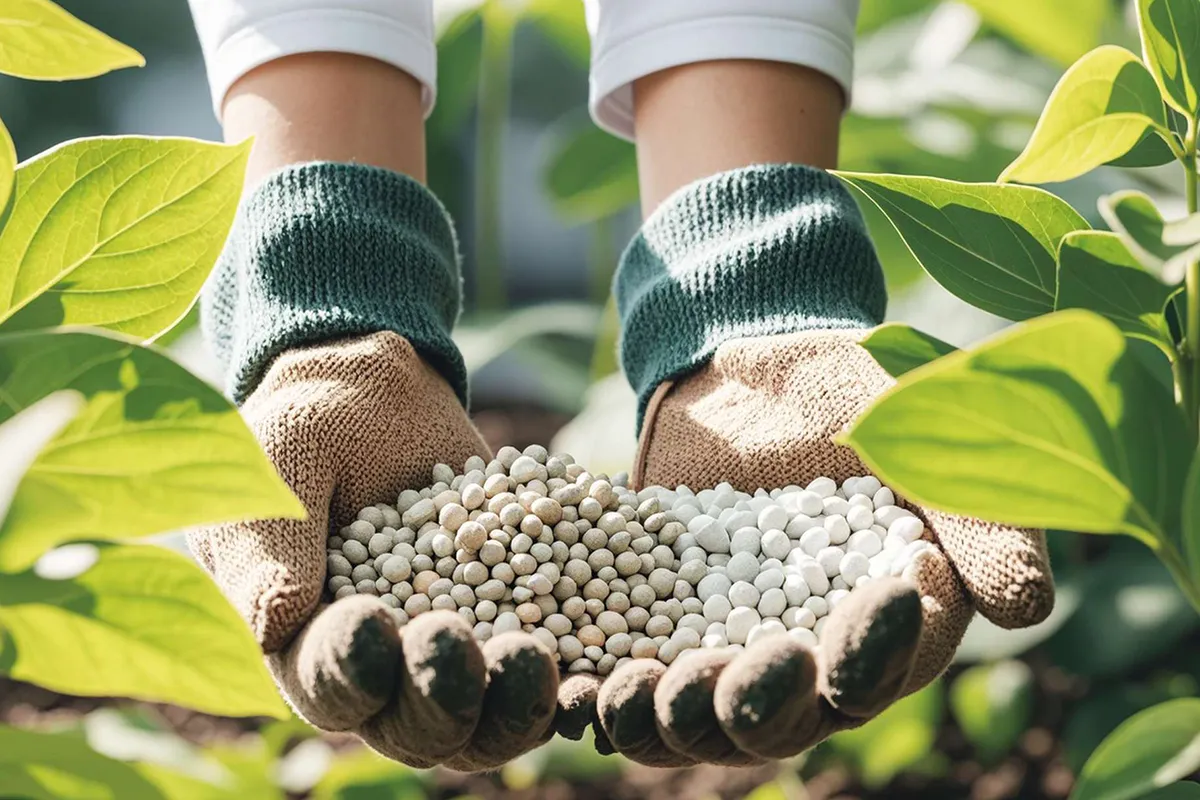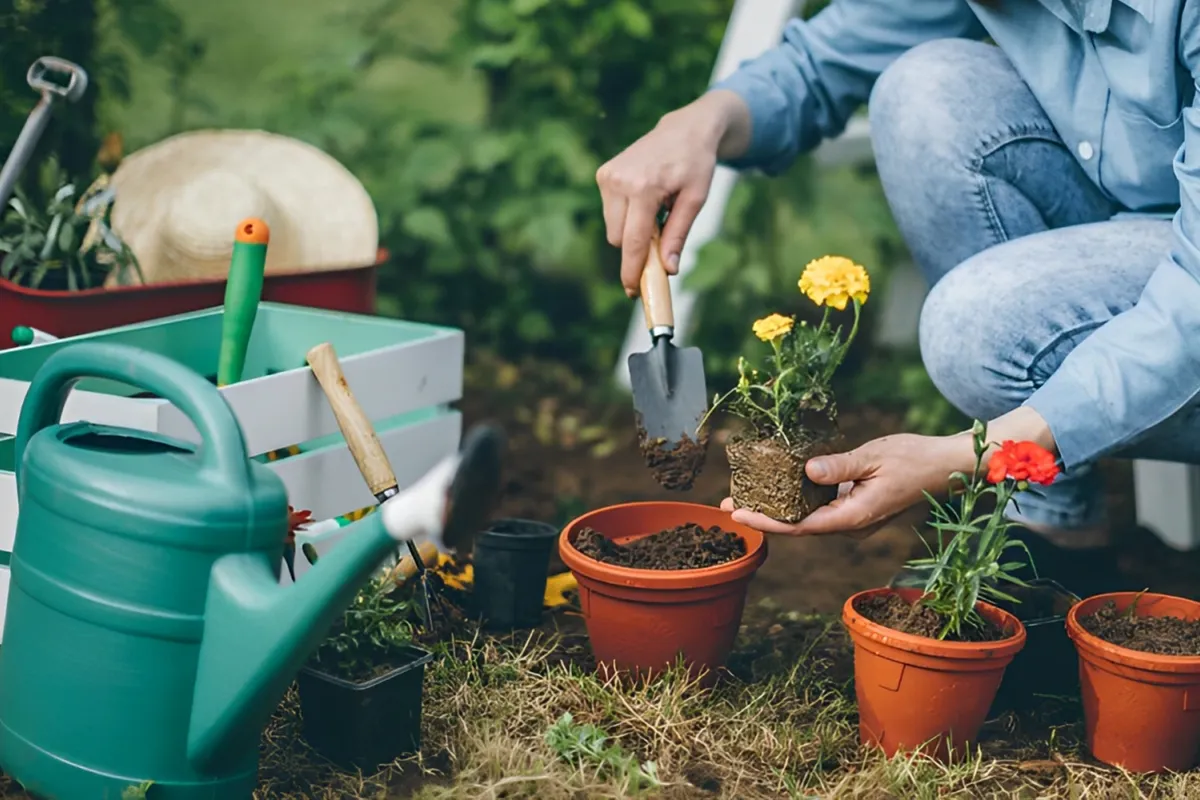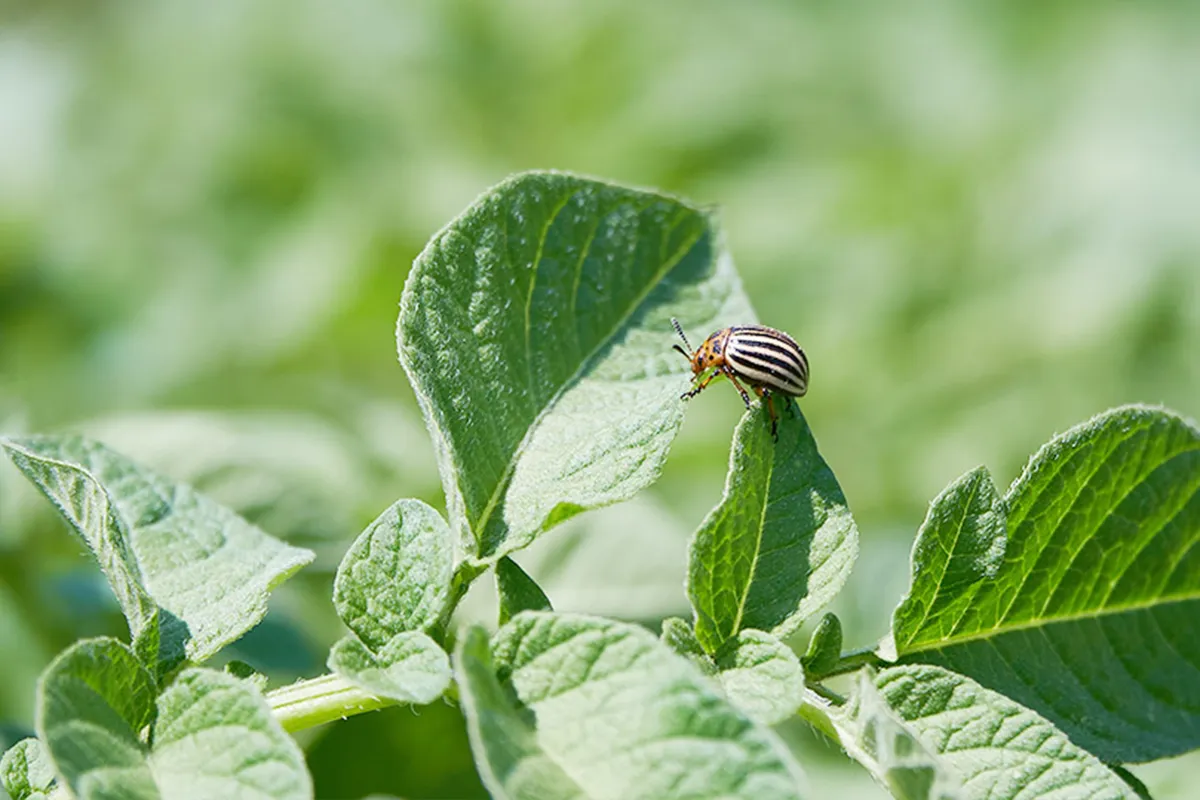Optimize Spring Gardening with Sprayers
Optimize Spring Gardening with Sprayers
With spring's arrival, gardening enthusiasts are gearing up to rejuvenate their plants. Utilizing a garden sprayer effectively can enhance fertilization efficiency and pest control, ensuring healthier plants and a thriving garden.
1. Understanding Your Garden Sprayer
Choosing the Right Equipment

- Select a sprayer based on the size of your garden and specific plant needs. Advanced models offer adjustable nozzles and pressure settings for even liquid distribution.
- Backpack sprayers provide enhanced mobility, making them ideal for larger gardens or backyard orchards, a growing trend among urban gardeners (American Gardener, 2025).
Benefits
- Evenly distributed liquid ensures optimal nutrient absorption and precise pesticide application, minimizing waste and environmental impact.
- Precision spraying aligns with climate-resilient gardening trends, which focus on sustainable plant care (Garden Design, 2025).
2. Efficient Fertilization Techniques
Dilution and Application
-
Always follow manufacturer instructions for proper fertilizer dilution. Apply the solution uniformly to maximize nutrient uptake.
-
Organic liquid fertilizers are increasingly popular for improving soil health and promoting sustainability (PHS Online, 2025)
Optimal Timing
-
Spring fertilization should be scheduled early in the season to support vigorous growth.
-
Native plants, which require less fertilizer and maintenance, are becoming a top choice for sustainable gardens (Martha Stewart, 2025).

3. Targeted Pest and Disease Control
photo via UPL
Selecting the Right Control Agents
- Choose organic or low-toxicity pesticides and apply them using a sprayer to minimize harm to beneficial insects.
- Integrated Pest Management (IPM) techniques help balance ecosystems by reducing chemical use (Garden Culture Magazine, 2025).
Application Best Practices
- Spray early in the morning or late in the afternoon to enhance pesticide efficacy and minimize evaporation.
- Water-wise gardening strategies, such as precise pesticide application, are gaining traction in drought-prone regions (PHS Online, 2025).
Multiple, Low-Dose Applications
- Instead of a single heavy application, use several light sprays to maintain effective pest control while reducing resistance development.
- Sustainable gardening methods, including controlled pesticide use, contribute to healthier soil and biodiversity (American Gardener, 2025).
4. Maintenance and Safety Practices
Regular Cleaning
- After each use, clean the sprayer thoroughly to prevent clogging and residue buildup.
- Proper maintenance extends equipment longevity and supports eco-friendly gardening by reducing waste.
Routine Equipment Inspection
- Check hoses, valves, and nozzles to ensure optimal performance and prevent leaks.
- Leak prevention contributes to environmental safety and aligns with responsible gardening practices.
Safety Precautions
- Always wear protective gear and adhere to pesticide label instructions to safeguard personal health.
- Staying updated on safety recommendations ensures responsible and effective gardening.

photo via freepik
5. Additional Spring Gardening Tips
Weather Considerations
- Avoid spraying in high winds or before rain to maximize the effectiveness of applications.
- Using local weather apps to track optimal gardening times can improve results (Martha Stewart, 2025).
Monitoring and Adjustments
- Assess plant responses and adjust spraying frequency or concentration as needed.
- Engaging with gardening communities or online forums helps refine best practices (Garden Design, 2025).
Water Conservation
- Combining garden sprayers with drip irrigation systems enhances water efficiency.
- Water-wise gardening is increasingly important, especially in drought-prone areas (PHS Online, 2025).
References
-
American Gardener - Top Gardening Trends to Watch in 2025
-
PHS Online - 2025 Gardening Trends: Sustainable and Eco-Friendly Practices
-
Garden Design - Emerging Gardening Trends for 2025
-
Martha Stewart - The Biggest Gardening Trends of 2025
-
Garden Culture Magazine - The Hottest Predicted Gardening Trends for 2025
Related News
A Boon for Agricultural Innovation and Farm Productivity
In a significant move to enhance the competitiveness of American agriculture, the United States Department of Agriculture (USDA) announced on December 18, 2024, a new round of investments aimed at strengthening domestic fertilizer production. These initiatives are designed to mitigate the rising costs of farming inputs, ensuring greater economic resilience for farmers and lower food prices for consumers. The impact of this development extends beyond fertilizers and into the realm of agricultural equipment, such as farm sprayers, which play a critical role in modern crop management.
What are the parts of electric knapsack sprayer?
Electric knapsack sprayer is an efficient agricultural tool widely used in fields, gardens, orchards, and other areas for spraying pesticides, fertilizers, or herbicides. Compared to traditional manual sprayers, the electric knapsack sprayer offers higher spraying efficiency, making it suitable for long hours of operation. It helps reduce labor intensity and increases work productivity.
Customized Solutions: How We Tailor Tools to Fit Your Needs
In modern agriculture and gardening, efficiency and precision are more crucial than ever. The tools we use not only determine the productivity of our operations but also define the impression we leave on customers, partners, and stakeholders. We believe that every professional deserves equipment that reflects their unique needs and aspirations. That’s why we offer customized solutions to empower our clients and help them stand out.
Related Products









